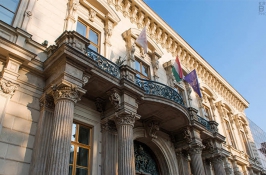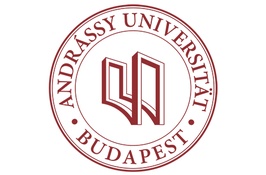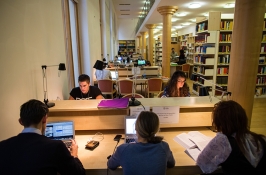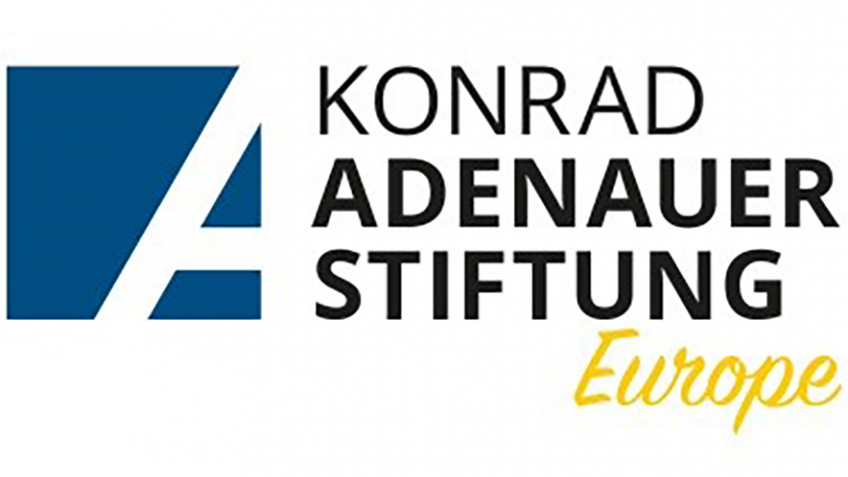UNIVERSITÄT

 STUDIERENDE
STUDIERENDE


 ETN
QuickLinks
Kontakt
ETN
QuickLinks
Kontakt
 Stipendien
Stipendien
Studiengänge
Promovieren an der AUB
Bewerbung
Alumni
Stipendien
Stipendien
Studiengänge
Promovieren an der AUB
Bewerbung
Alumni
 Web Feedback
Veranstaltungsnewsletter
Web Feedback
Veranstaltungsnewsletter

Aktuelles




 Stellenangebote
Unishop
Stellenangebote
Unishop
BACHELOR
STUDIENINTERESSIERTE
Nachrichten
Veranstaltungen
Jubiläum: 20 Jahre AUB
Unimagazin: Andrássy Nachrichten
Pressespiegel
Nachrichten Archiv
Profil
Geschichte
Leitbilder
Zahlen und Fakten
Qualitätssicherung in Studium und Lehre
University of National Excellence
Lehrstühle
Geschichts- und Kulturwissenschaften
 Politikwissenschaften
Politikwissenschaften



 Herder-/Gastprofessuren
Herder-/Gastprofessuren
Organisation
Lehrstuhl für Internationale und Europäische Politik, Verwaltungswissenschaft
Lehrstuhl für Politische Theorie und Europäische Demokratieforschung
Lehrstuhl für Vergleichende Politikwissenschaft mit Schwerpunkt Mittel- und Osteuropa in der EU
Rechtswissenschaften
Lehrstuhl für Europäisches Öffentliches Recht und seine Grundlagen
Lehrstuhl für Zivil- und Wirtschaftsrecht
Wirtschaftswissenschaften
Lehrstuhl für Betriebswirtschaftslehre, insbesondere Entrepreneurship, Finanzwirtschaft und Digitalisierung
Lehrstuhl für Betriebswirtschaftslehre, insbesondere Unternehmensführung, Organisation und Corporate Social Responsibility
Lehrstuhl für Finanzwissenschaft
Lehrstuhl für Wirtschaftspolitik
Lehrstuhl für Wirtschaftstheorie
Diplomatie
Universitätsleitung
Gremien
Trägerstiftung und Kuratorium
Verwaltung

Partner
Dezernat 1: Dezernat für Studienangelegenheiten
Dezernat 2: Finanz- und Personalangelegenheiten
Dezernat 3: Service
 Stabsstelle des Rektoratskollegiums
Stabsstelle des Rektoratskollegiums
Offizielle Dokumente
 STUDIERENDE
STUDIERENDE

Studiengänge


 Stipendien
Angebote für Studierende
Stipendien
Angebote für Studierende
 Internationales
Internationales
 Sommeruniversitäten
Sommeruniversitäten
 Formulare und Downloads
Glossar
FAQs
Formulare und Downloads
Glossar
FAQs
FORSCHUNG
Europäische und Internationale Verwaltung Master
 Internationale Beziehungen Master
Internationale Beziehungen Master

 Management and Leadership Master
Management and Leadership Master
 Mitteleuropäische Studien - Kulturdiplomatie
Mitteleuropäische Studien - Kulturdiplomatie
 Vergleichende Staats- und Rechtswissenschaften Master (LL.M.)
Vergleichende Staats- und Rechtswissenschaften Master (LL.M.)

PROMOVIEREN AN DER AUB
Musterstudienpläne und VVZ
Doppelmaster Universität Leipzig
Musterstudienpläne und VVZ DoMa Leipzig
Doppelmaster Universität Passau
Musterstudienpläne und VVZ DoMa Passau
Doppelmaster Universität Wuppertal
Musterstudienpläne und VVZ DoMa Wuppertal
International Economy and Business Master (M.Sc.)
Doktorschule

Studienangelegenheiten
Doktoratskolleg für Mitteleuropäische Geschichte
Doktoratsschwerpunkt ECOnet
Doktorandenkolleg netPOL
Bewerbung Ph.D.-Programm
Promotionsverfahren
Vorlesungsverzeichnisse Ph.D.
Formulare und Downloads

AUB.LOG - Wissenschaft und Forschung
Forschungszentren
 Projekte
Projekte

 Forschungsförderung
Wissenschaftlicher Nachwuchs
Ausschreibungen & Calls
Forschungsförderung
Wissenschaftlicher Nachwuchs
Ausschreibungen & Calls
Bibliotheken
Drittmittelprojekte
Forschungsprojekte
Aktuelle Projekte
Abgeschlossene Projekte
Filtern nach Personen
Filtern nach Wissenschaftsbereich
Andrássy-Publikationen
 ETN
QuickLinks
Kontakt
ETN
QuickLinks
Kontakt
 Stipendien
Stipendien
Studiengänge
Promovieren an der AUB
Bewerbung
Alumni
Stipendien
Stipendien
Studiengänge
Promovieren an der AUB
Bewerbung
Alumni
 Web Feedback
Veranstaltungsnewsletter
Web Feedback
Veranstaltungsnewsletter
